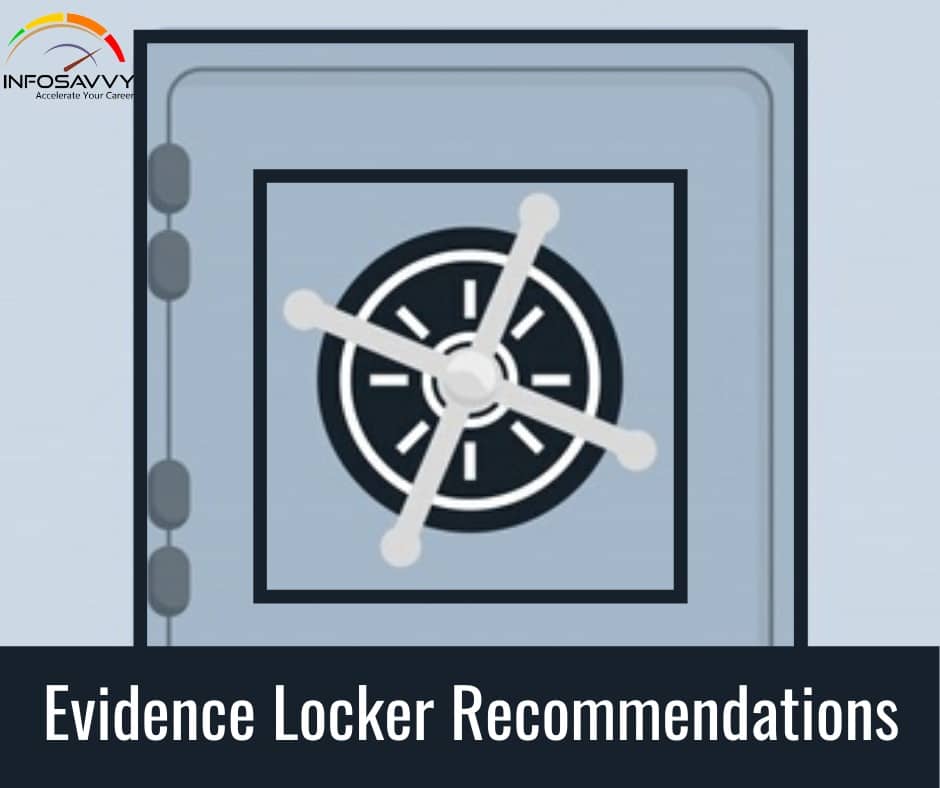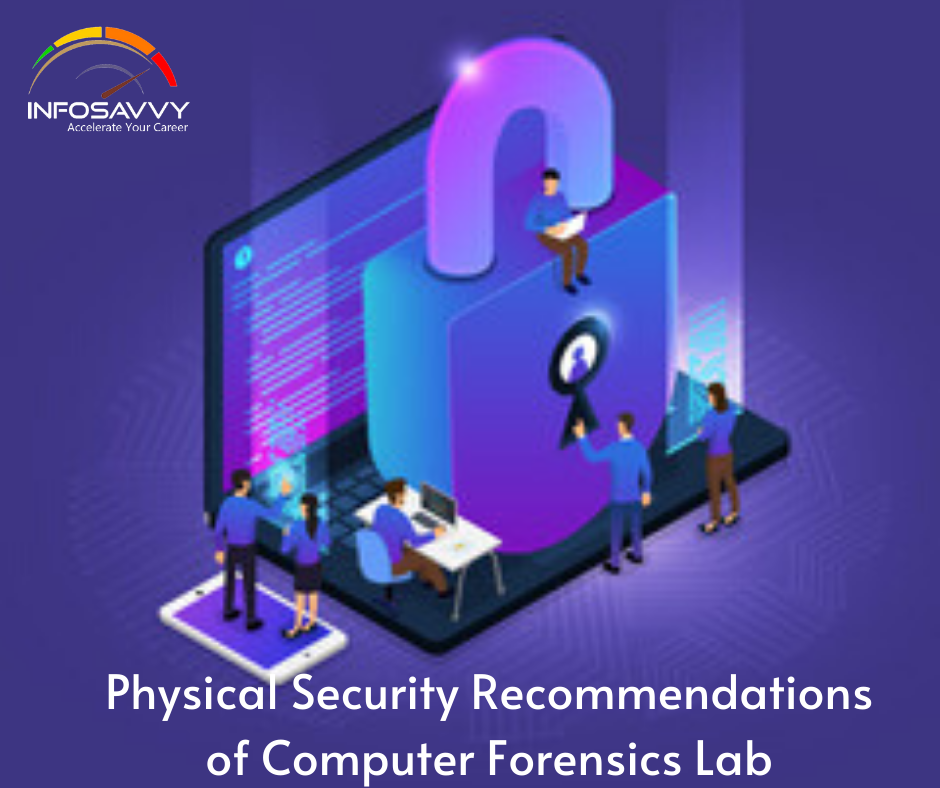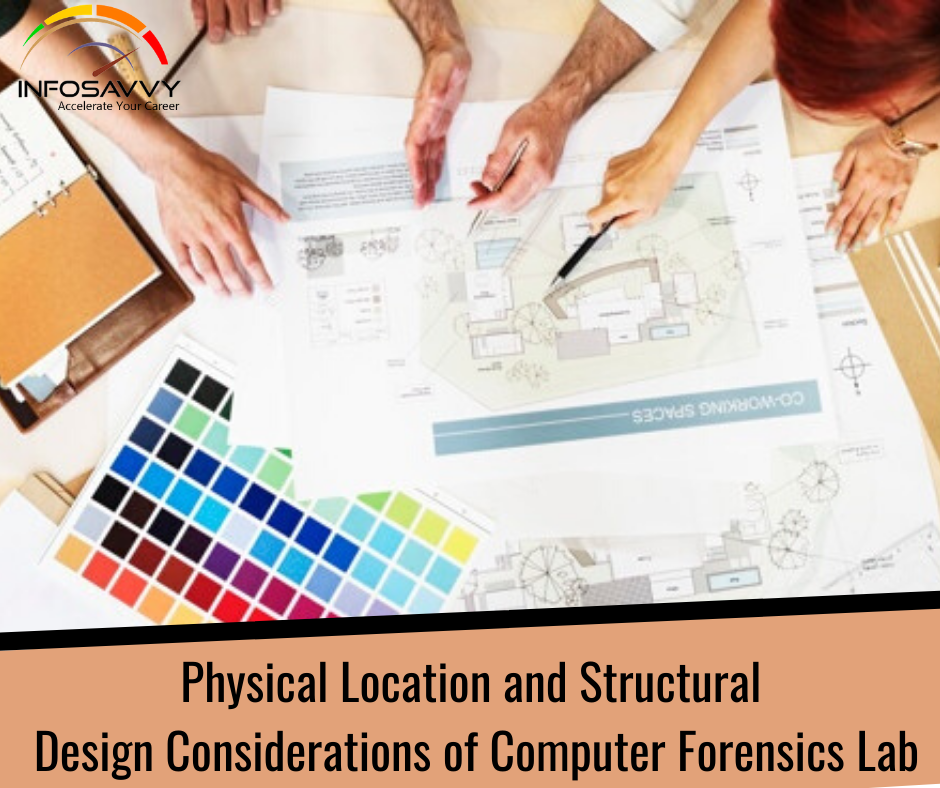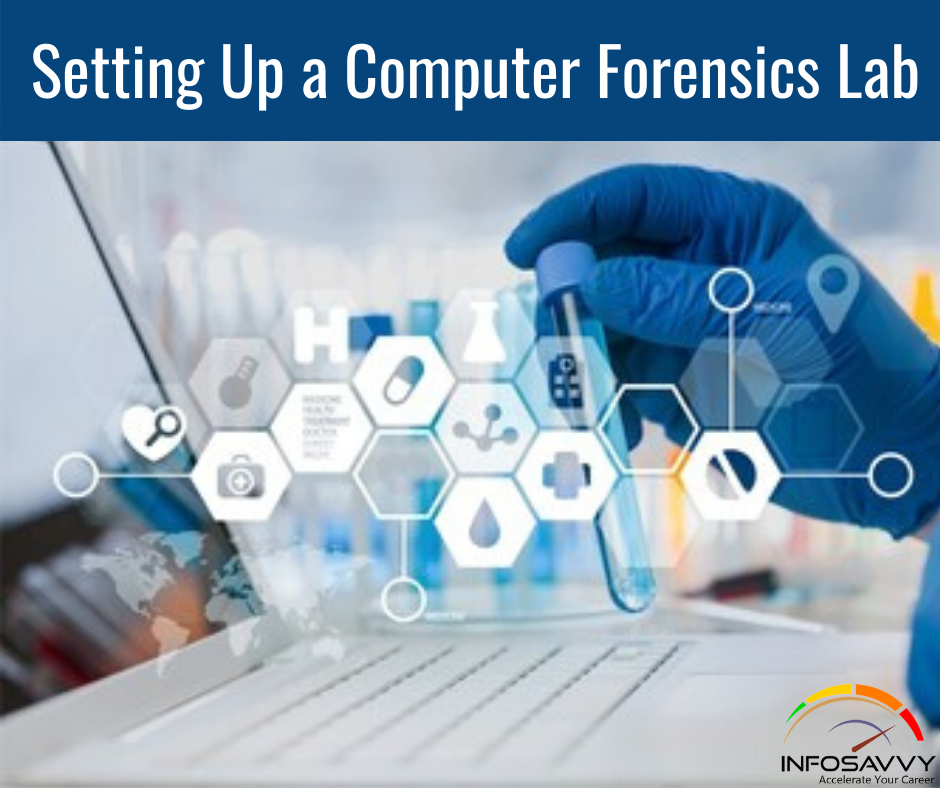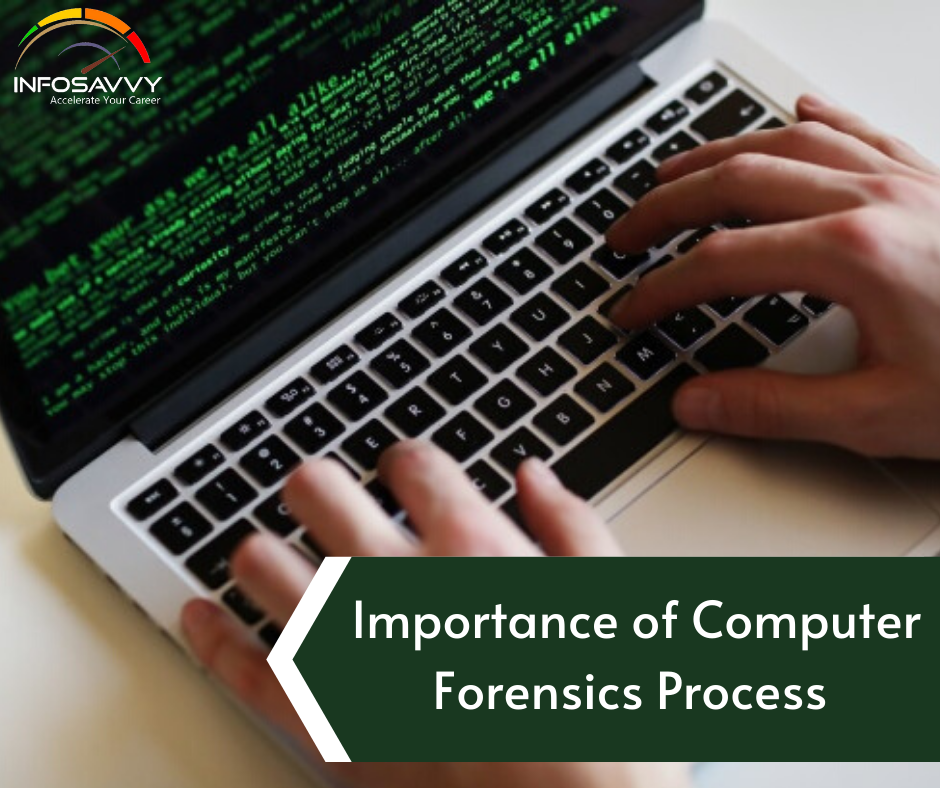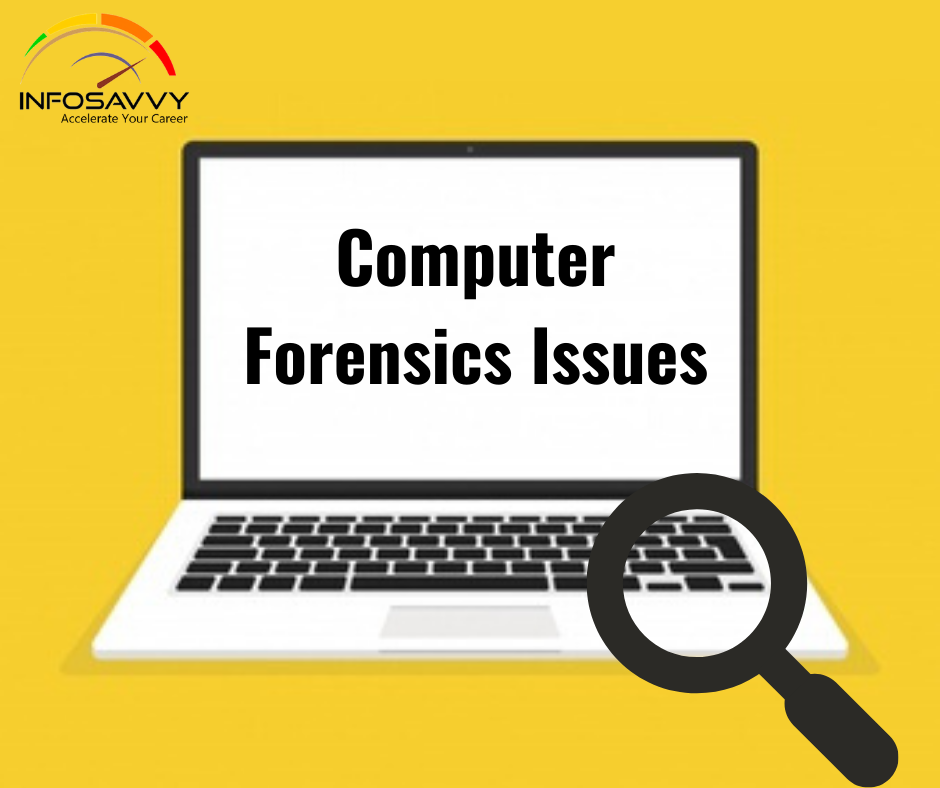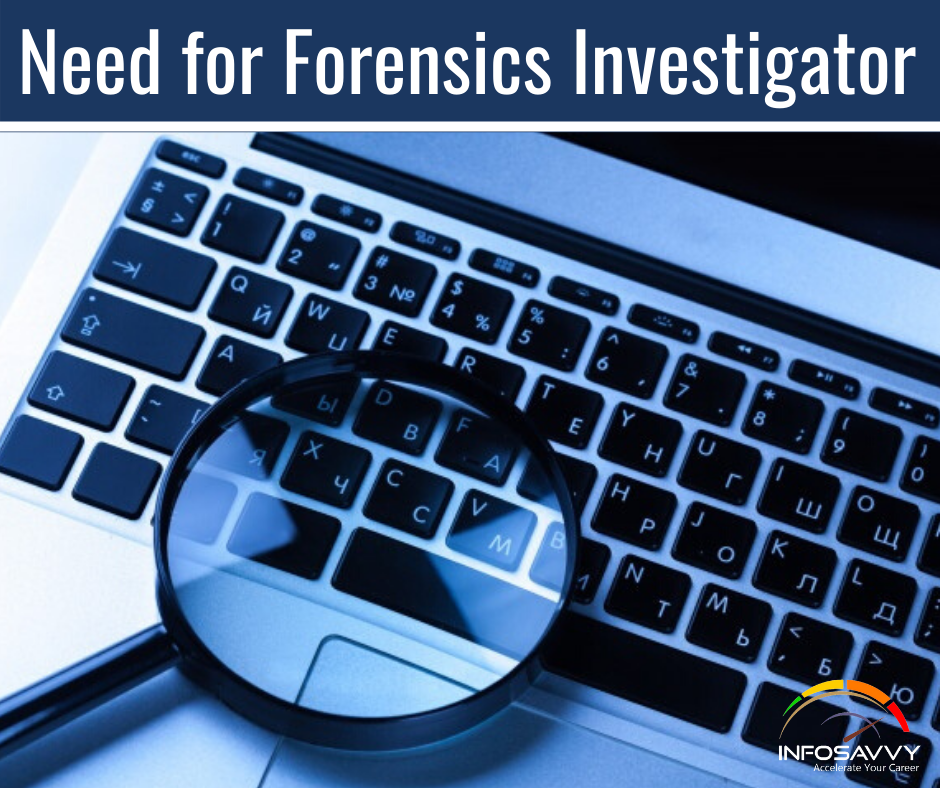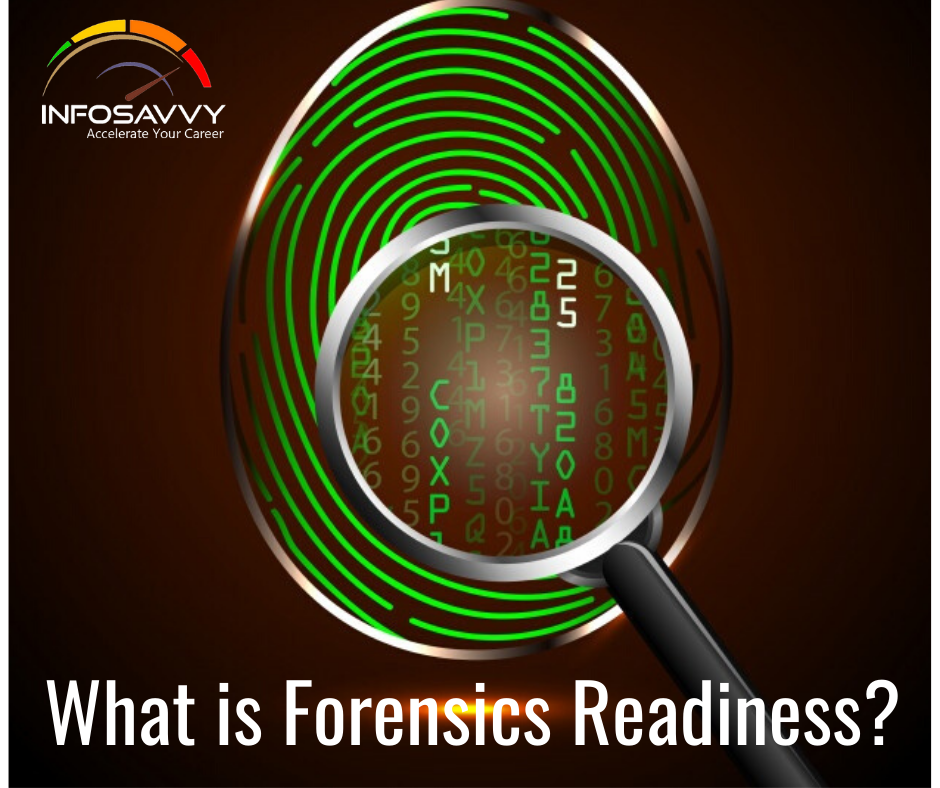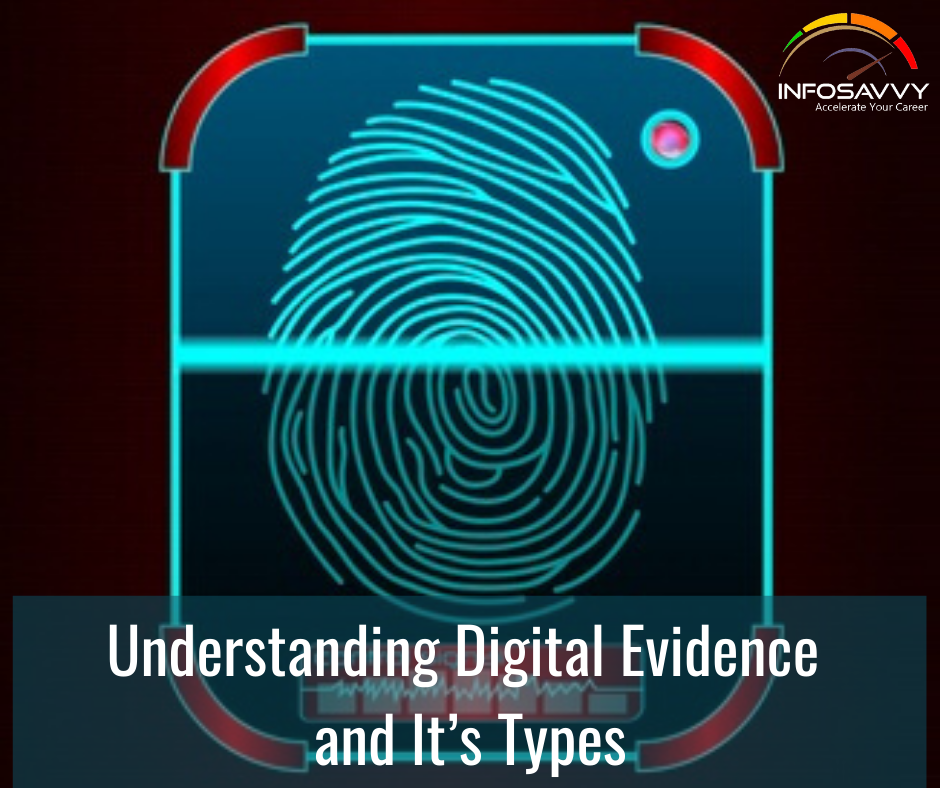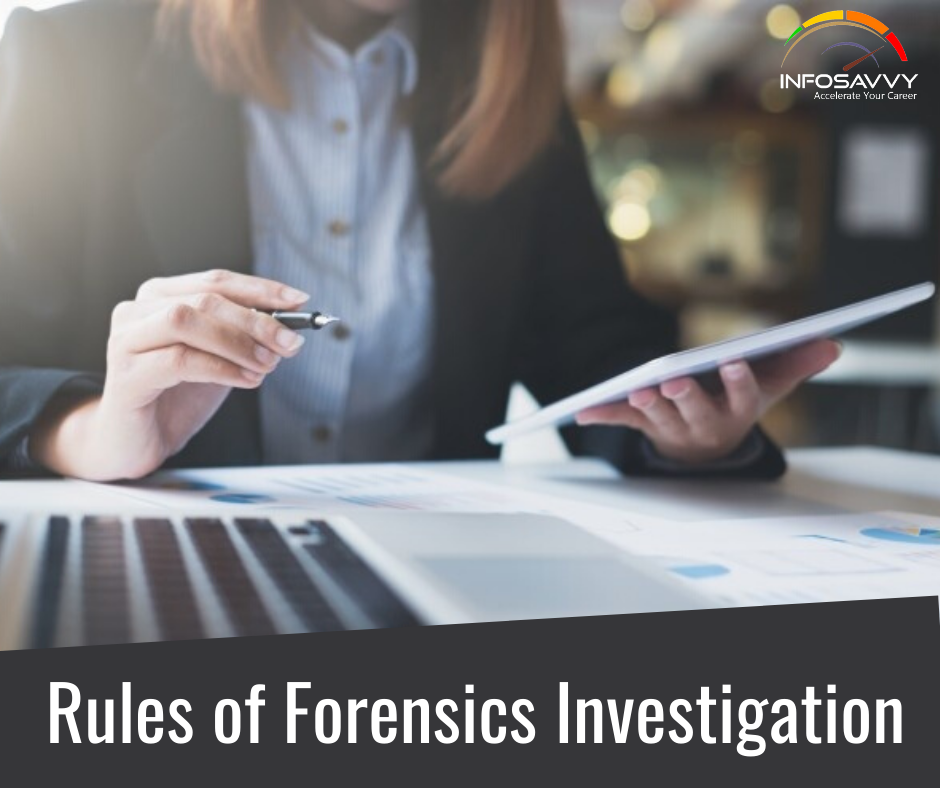Evidence Locker Recommendations
The Evidence Locker Recommendations are the evidence storage devices and need protection from unauthorized access by using high-quality padlocks and performing routine inspection to check the content of the evidence lockers, Recommendations for securing evidence lockers: Place these containers in restricted areas, which are only accessible to lab officers. A minimum number of authorized people should be able to access the evidence. Keep records about the people authorized to access the container. Close all the …

